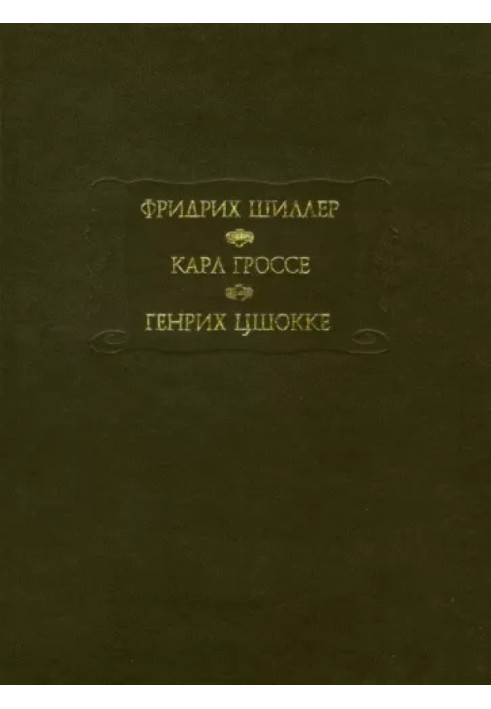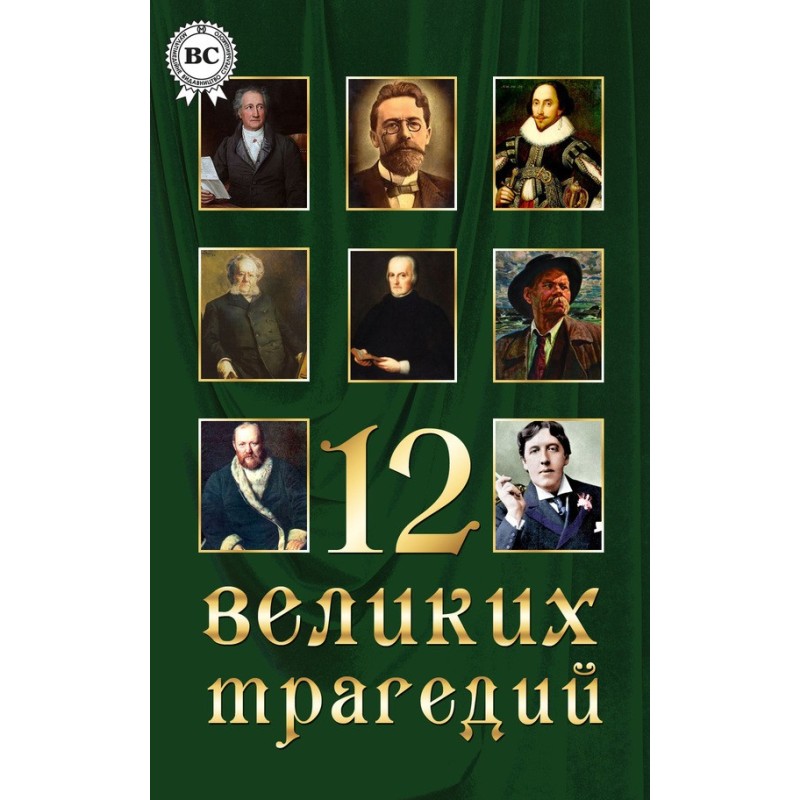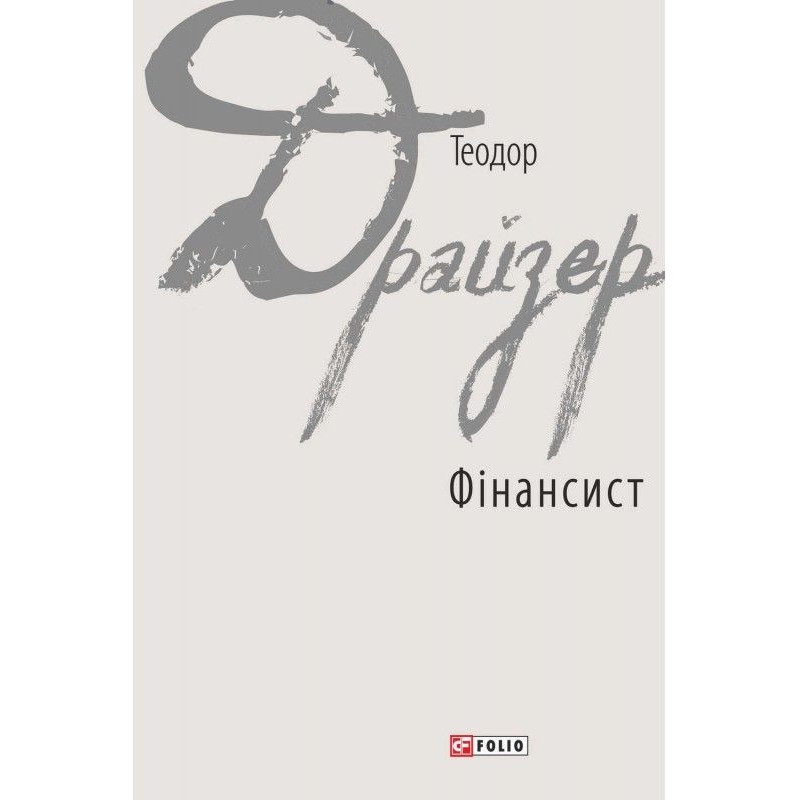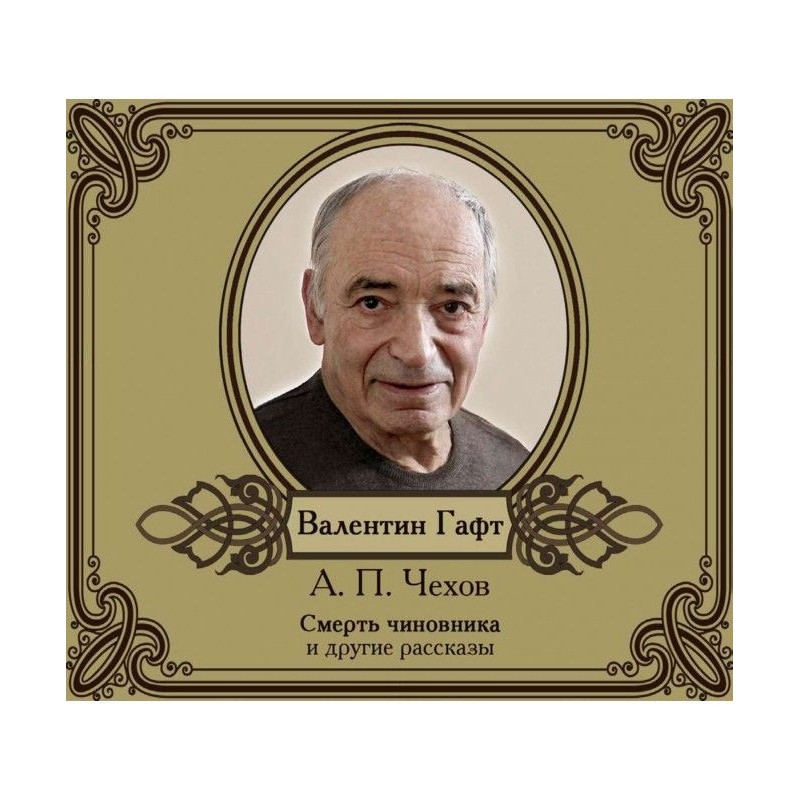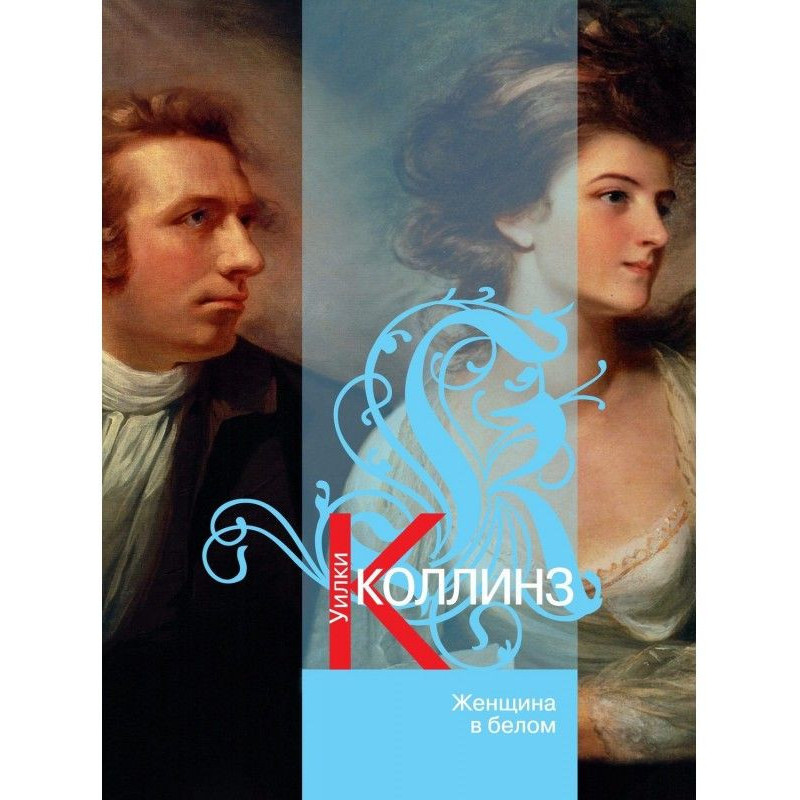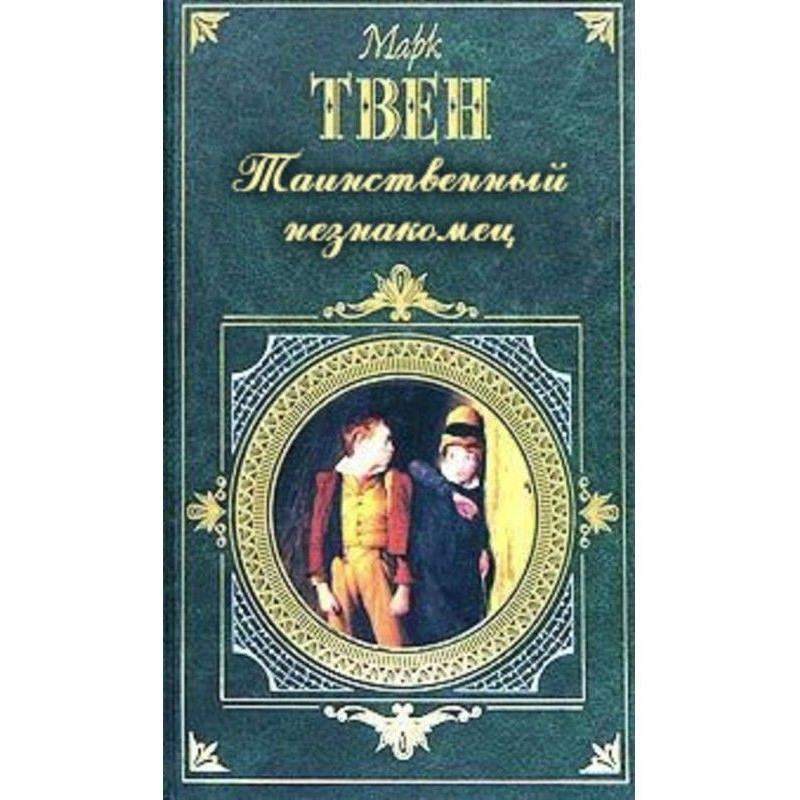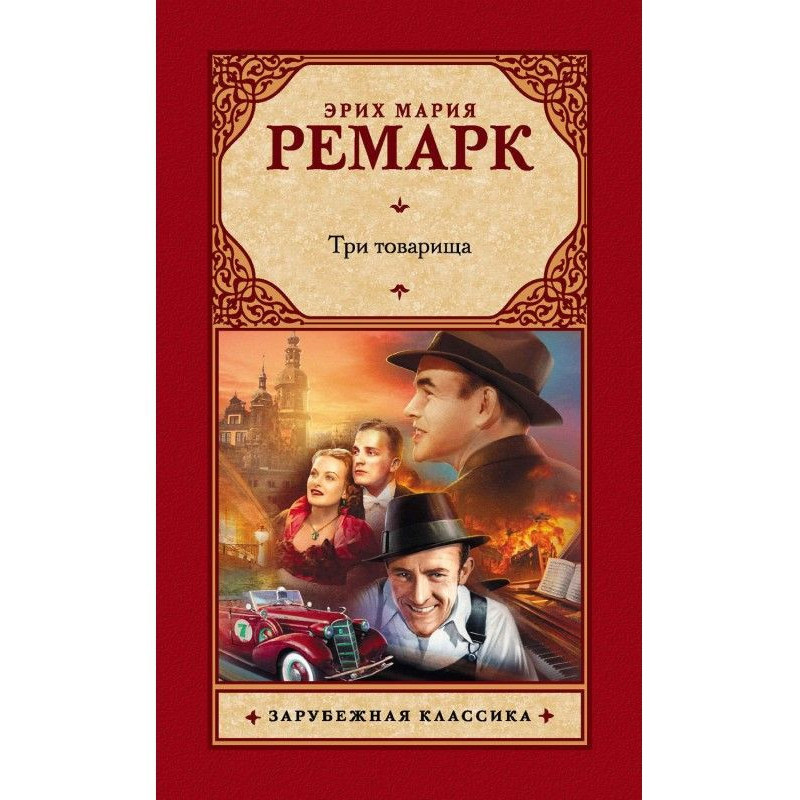Spirit Seer. Genius. Abellino, the great robber
 Instant download
Instant download
after payment (24/7)
 Wide range of formats
Wide range of formats
(for all gadgets)
 Full book
Full book
(including for Apple and Android)
Three novels of the late 18th century are published under one binding, and today they are interesting because they not only once aroused great interest among readers throughout Europe, but also gave rise to many translations, sequels and imitations, echoes of which are still found. The novels are united by a number of common motifs: mysticism and its exposure, powerful secret societies, conspiracies, adventures, unexpected twists and turns associated with disguises and “recognitions,” imaginary deaths and resurrections, exciting love conflicts. Without exaggeration, all three authors created monuments to their era, capturing the spirit of the times, inscribing a whimsical plot into the context of the global dilemmas of the century: evil and justice, rational and supernatural, human weakness and strength. In the novel “The Spiritualist” (1789) by the great German poet and thinker Friedrich Schiller (1759-1805) the main character, a German prince who temporarily settled in Venice, becomes a victim of political machinations and hoaxes on the part of mysterious and far from harmless rogues, reminiscent of the great adventurers of the 18th century (Counts Cagliostro and de Saint-Germain).“ Genius" (1791-1795) by Karl Grosse (1768-1847), a writer who composed his own destinies and invented masks, is clothed in the form of memoirs of a certain Spanish marquis. The hero experiences dizzying adventures, including love ones, travels around the world, falls into the net of a secret brotherhood that intends to establish a new world order by any means necessary. Grosse is one of those who remained in history as the “author of one novel,” but he managed to create a work that significantly influenced the European literary tradition. It was read by M. Shelley and J. Austin, and the latter even ranked “Genius” among a kind of Gothic “canon”, putting it on a par with “The Italian” and “The Mysteries of Udolf” by A. Radcliffe. The third author, the Swiss Heinrich Zschocke (1771— 1848), conquered not only Western Europe, but also Russia. His novel Abellino, the Great Robber (1794), published anonymously and widely known (after its translation into English by M. G. Lewis, author of the famous Monk), tells the story of a noble robber who exposes an insidious plot against the Doge of Venice .All three stories interpret similar themes in different ways and invite the reader not only to enjoy the subtle development of characters (Schiller), literary play with traditional genres (pastoral, picaresque novel, Gothic novel, etc. - Grosse), but also to immerse themselves in the world of passions, heroes-“supermen” (Zschokke), planning the birth of new genres - detective and thriller.
Data sheet
- Name of the Author
- Генрих Цшокке
Карл Гроссе
Фридрих Шиллер - Language
- Russian
- Translator
- Рита Яковлевна Райт-Ковалева
Светлана Семёновна Шик

